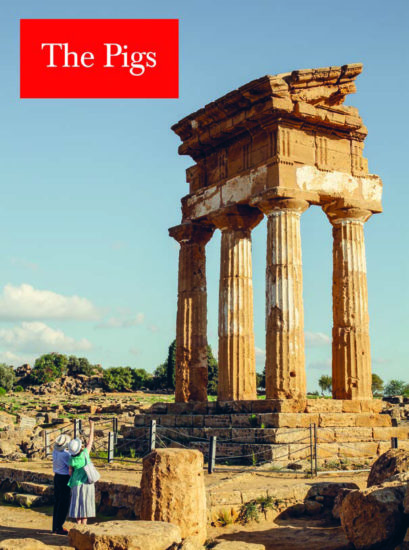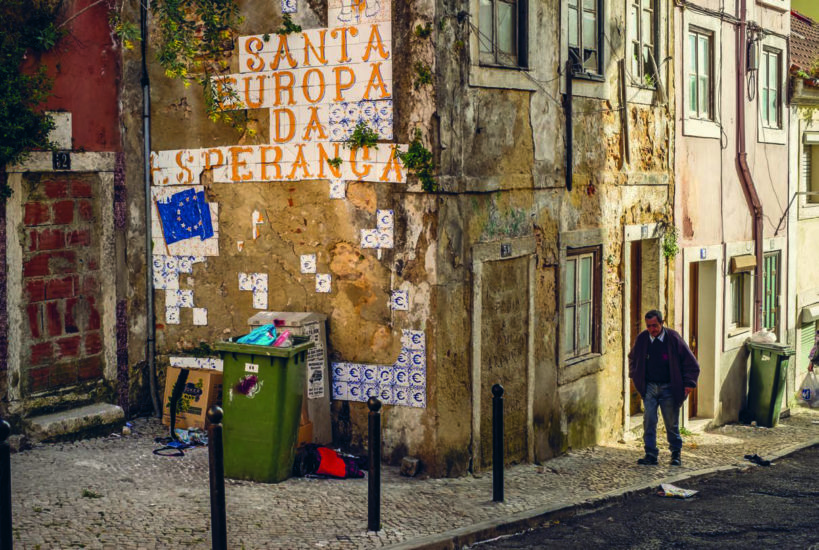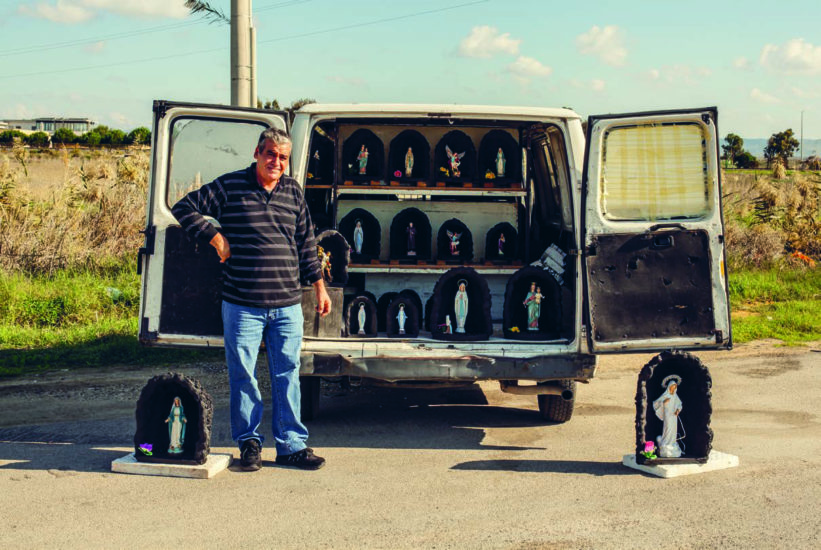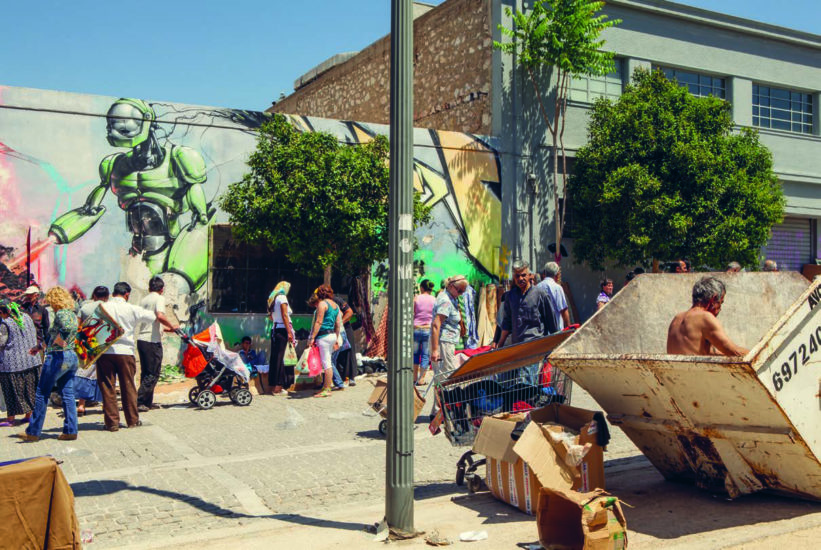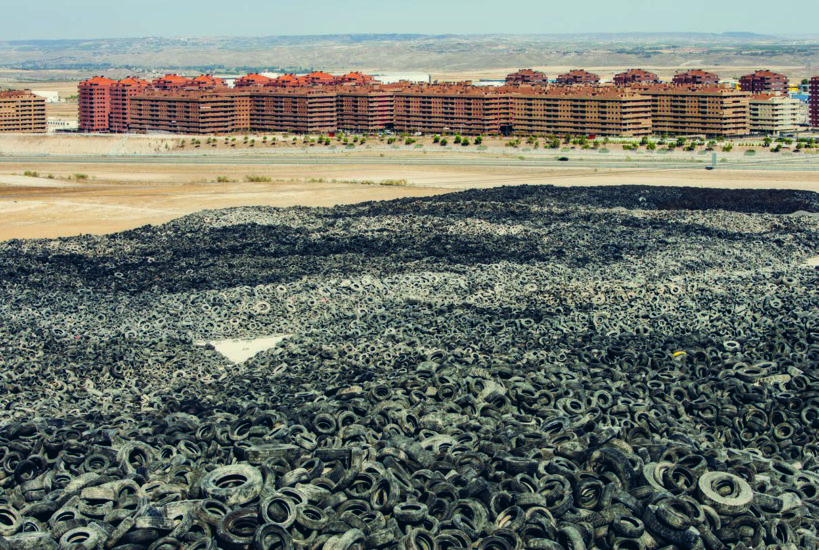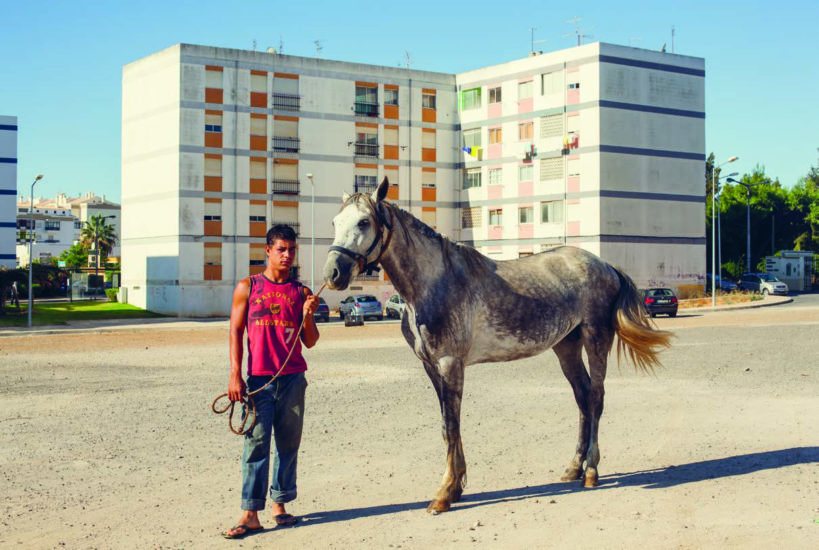THE PIGS
The Eyes #1
14/11/2018
Cochon qui s’en dédit !
Photos and text by Carlos Spottorno
Cross my heart! The financial turmoil gripping the Eurozone has had an indelible effect on and contributed to reinforcing stereotypes on the Old Continent. The traditional opposition between Northern Europe and Southern Europe resurfaced with surprising force in 2008 after the “Financial Times” heavily criticized Portugal, Italy, Greece, and Spain in the evocatively titled article “Pigs In Muck”. The expression spread through the media like wildfire in the form of the acronym PIGS.
PIGS is a term coined by the business and financial press as a way to refer to Portugal, Italy, Greece and Spain during the financial crisis that these countries have undergone over recent years. What started as a pejorative label used by neo-liberals, mainly from English-speaking countries, was eventually taken up for some time without any qualms by the media.

